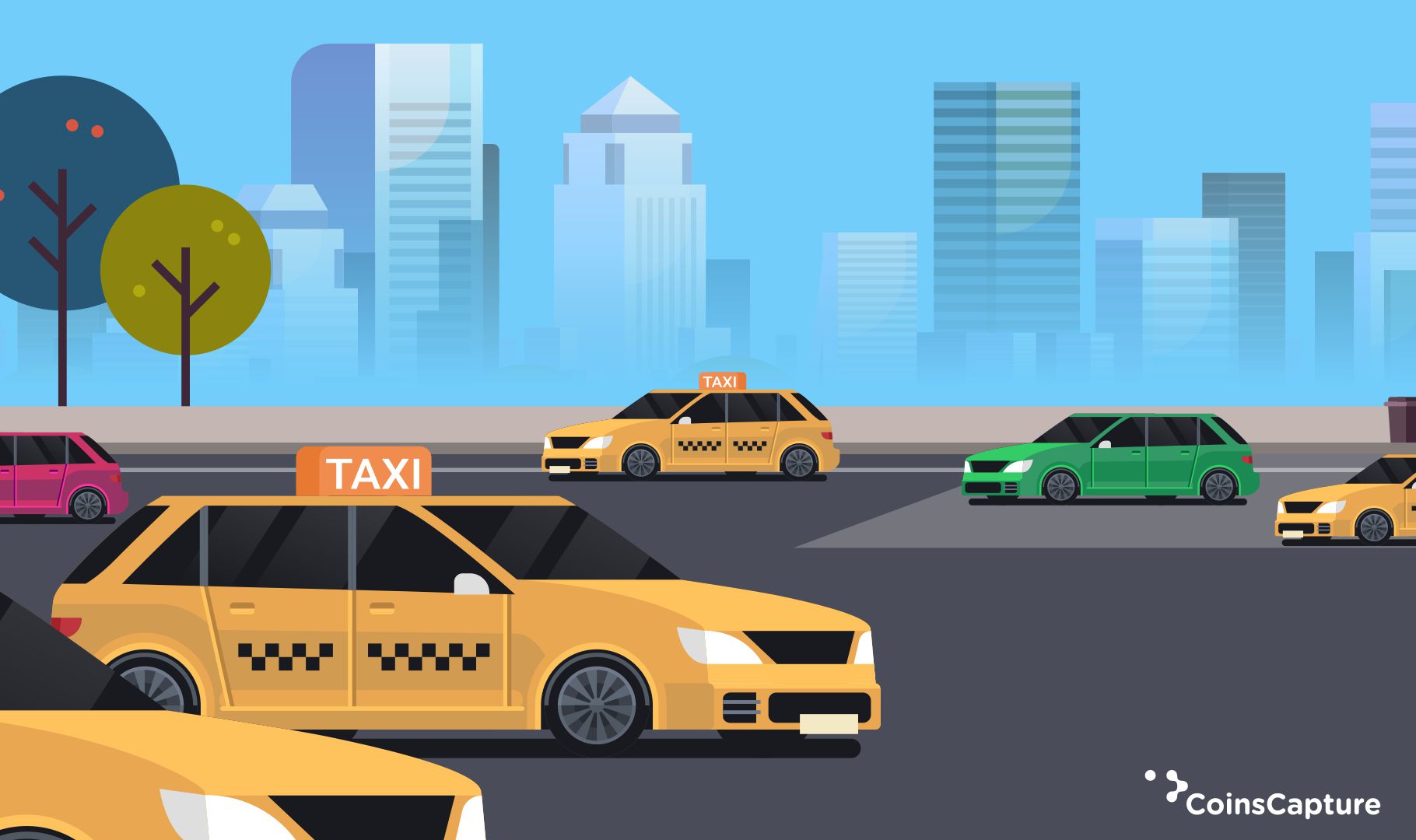7 November 2025
Blockchain-Based Solution To The Traffic Jam
Traffic jam is the issue across the world - it is one of the common problem that we all share. It not only takes away the commuter’s time but also creates more pollution, affects health and economical growth.
According to the INRIX report, “The overall economic impact is greatest in the U.S., where the estimated cumulative cost of traffic congestion by 2030 is $2.8 trillion – the same amount Americans collectively paid in U.S. taxes last year.”
Also as per a study by the Harvard School of Public Health, “Air pollution from traffic congestion in 83 of the nation’s largest urban areas contributes to more than 2,200 premature deaths annually, costing the health system at least $18 billion.”
Many countries are working effortlessly to resolve the congestion caused by the traffic jam, however, the situation continues to deteriorate.
While on the other hand, blockchain technology has been utilised in many industries such as healthcare, tourism, banking and so forth. This very technology can also aid to obliterate the congestion caused by the traffic jam.
In this blog, we are going to discuss how Blockchain-based solutions could help clear the traffic jam:
World Economic Forum stated in its report that ‘the two emerging technologies that are becoming mainstream to make congestion caused by traffic jam go away are: self-driving vehicles and blockchain technology.
Also Read, Application of Blockchain
According to the article mentioned, Thomas Birr and Carsten Stöcker stated the following working of blockchain technology:
- The P2P network of blockchain would help eliminate or minimize the need for centralized authorities such as Uber, Lyft, and banks.
- The security facilitated by blockchain would enable the owners to directly rent out their vehicles based on their own set of terms and conditions.
- Blockchain will help enabled trip charges to be directly deducted from the blockchain-based digital wallets or credit card.
- The access and identity tokens and P2P transactions will provide easy and secure transactions to vehicles and infrastructure.
- The blockchain-based identity would consist of proof of identity and insurance-related details that would also protect the anonymity of the passengers.
- The smart contracts would govern transactions based on standard templates.
- With the help of blockchain technology, the providers and the consumers will equally be able to participate in the transportation market.
Also, the CRCSI - CRC for Spatial Information hosted compiled ideas based on blockchain-solutions with the PhD students participating in 2016 “Solvathon”. It had hosted a Student Day Solvathon that focused on spatial technology with reference to blockchain technology, out of which the students provided four initiatives that included ‘Blockchain Technology For Road Tolling’.
La’Zooz - a decentralized transportation platform is also working on solutions by using cryptocurrency technology. It states on its website, “Smart transportation is about maximising already-existing infrastructure and resource than adding new ones. Better use of existing resources creates affordable transportation without the need for more roads or vehicles. Real-time ridesharing is the key enabling people with private cars to share their journey with others travelling in the same direction.”
Many startups and teams are working on creating innovative ideas that are blockchain-based solutions to the underlying problems caused by traffic jams.






